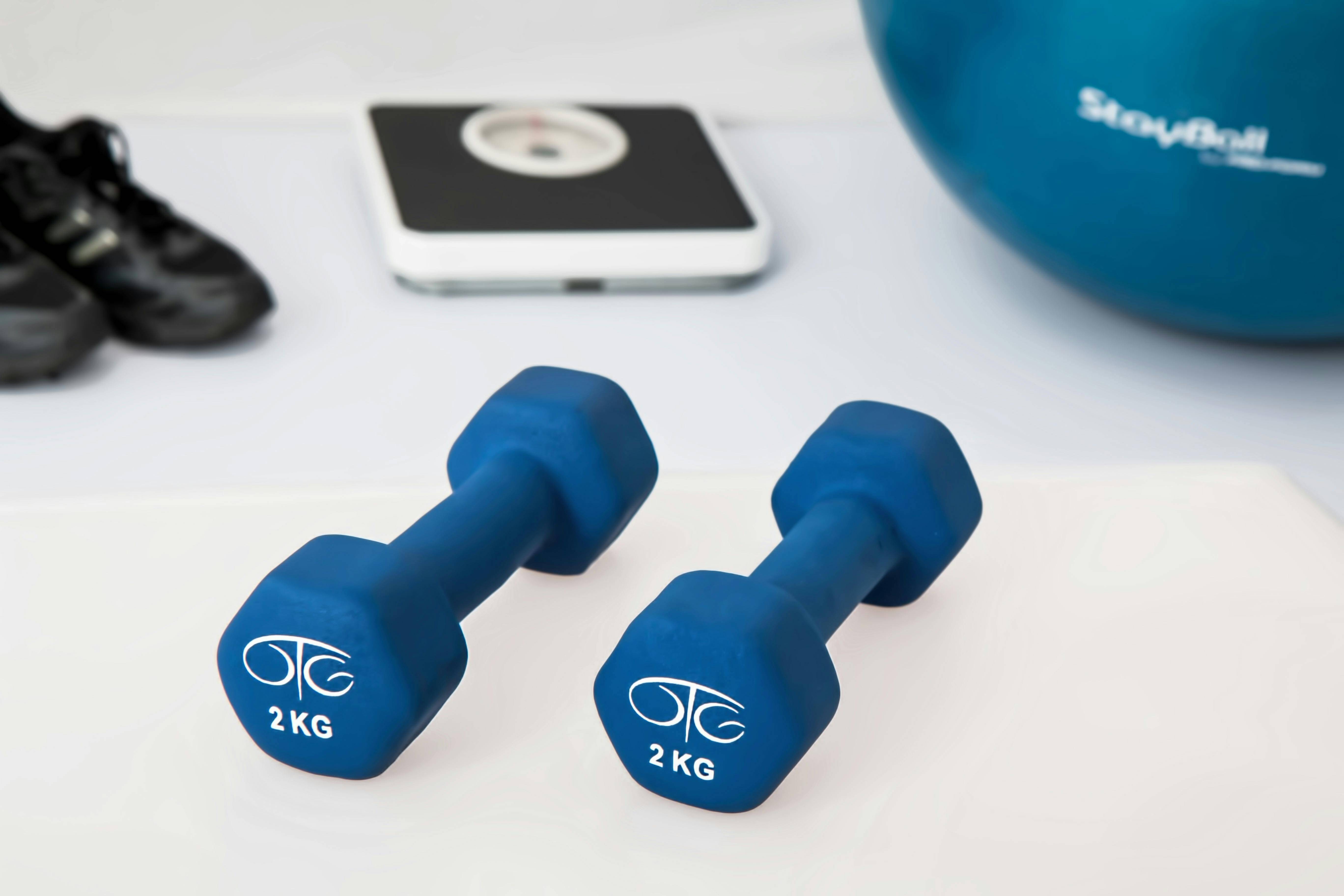Increasing Height: 5 Tips to Grow Taller Even After Puberty
Height is influenced by a combination of factors, including genetics, nutrition, and lifestyle. While your genes account for about 60 to 80% of your final height, the remaining 20 to 40% can be influenced by external factors. Most people experience a growth spurt during puberty, but after the age of 18, growth generally slows down or stops. However, if you’re looking to gain a few extra inches even after puberty, there are some changes you can make to your routine that might help.
1. Eat a Balanced Diet
A well-balanced diet is crucial for the overall development of your body and mind. Foods rich in vitamins and minerals not only support your internal systems but also help reduce the risk of chronic diseases. To maximize your growth potential and strengthen your bones, focus on including:
- Fresh fruits and vegetables
- Whole grains
- Fish
- Dairy products
- Calcium and Vitamin D are particularly important, as they play a key role in promoting bone density.

2. Incorporate Regular Exercise
Exercise has numerous health benefits, including the potential to help you grow taller. Regular physical activity strengthens your muscles and bones, improves overall health, and helps maintain a healthy weight. While staying active is essential during childhood for growth, it can still be beneficial in adulthood. Activities like strength-building exercises, yoga, jumping rope, and biking can enhance your flexibility and CAN help you add a few inches to your height.

3. Maintain Good Posture
Poor posture, such as hunched shoulders, text neck, and a curved spine, can make you appear shorter than you actually are. Over time, if you don’t correct your posture, these misalignments can become permanent, leading to neck and back pain. It’s important to be mindful of your posture, especially when sitting for long periods. Consider using a pillow for lumbar support when working at a desk, and take regular breaks to check and adjust your posture. Practicing posture-improving exercises can also help you stand taller.

4. Get Enough Sleep
While missing a few hours of sleep occasionally won’t drastically affect your height, consistently not getting enough rest can have long-term effects, particularly during adolescence. Human Growth Hormone (HGH), which plays a crucial role in growth, is released while you sleep. If you don’t get enough sleep, the production of this hormone can decrease, impacting your growth potential. Make sure to get the recommended amount of sleep for your age group to stay fit and healthy.

5. Supplements
While a nutritious diet is the primary source of vitamins and minerals, supplements can sometimes help fill in the gaps. For children and older adults, certain supplements can support height growth or combat height loss. Supplements like synthetic HGH, Vitamin D, or calcium can be beneficial for those trying to increase their height by a few inches. However, it’s important to consult with a healthcare provider before starting any supplement regimen to ensure it’s appropriate for your needs.

Conclusion
While genetics largely determine your height, adopting healthy habits like a balanced diet, regular
exercise, good posture, sufficient sleep, and considering supplements when necessary can help you
maximize your height potential and even add a few extra inches after puberty.
If you're looking to grow taller, even after puberty, the Height
Burst program is your go-to guide.
This book offers a clear, step-by-step plan with proven tips, exercises, and nutrition advice to
help you reach your height potential. Don’t wait! Get your copy today and start growing taller!
You can find more about nutrition and other important factors for growing taller
naturally in the Height Burst program.
